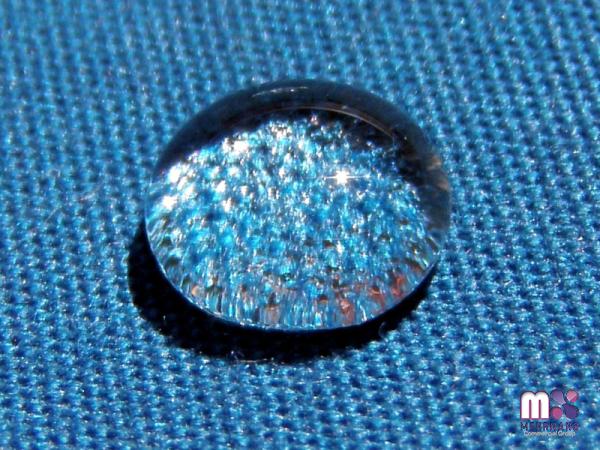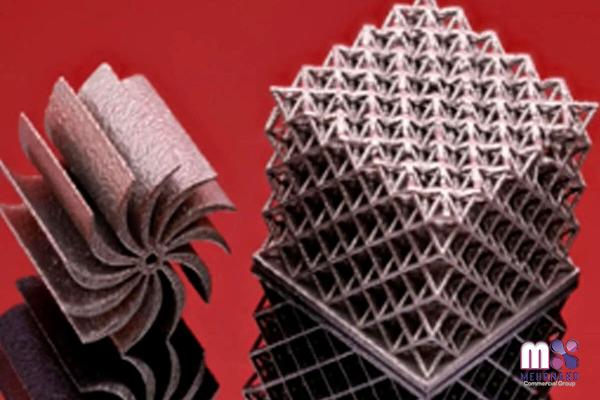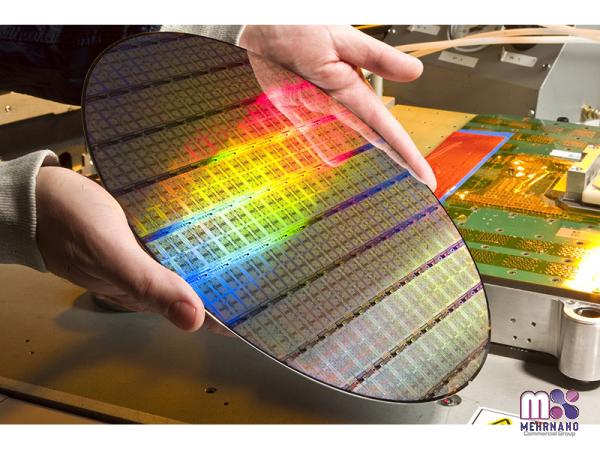In recent years, the world has witnessed a significant shift towards greener and more sustainable transportation options. As a result, the automotive industry has been exploring various avenues to make vehicles more efficient, eco-friendly, and cost-effective. One such innovation that holds immense potential is nano for cars. Nanotechnology offers a plethora of benefits, revolutionizing the way vehicles are built, driven, and maintained. In this article, we will delve into the various applications of nano for cars, highlighting its potential impact on the automotive landscape. Body: 1. Enhancing Fuel Efficiency: One of the most crucial areas where nano for cars can make a remarkable difference is fuel efficiency. By incorporating nanoparticles into lubricants and engine coatings, friction can be significantly reduced, resulting in improved mileage and reduced emissions. Nano lubricants, for instance, can enable engines to operate at higher temperatures, reducing energy losses and enhancing overall efficiency.
.
 This breakthrough technology has the potential to transform conventional combustion engines into greener and more economical alternatives. 2. Strengthening Safety Features: Nano for cars also opens up new possibilities for enhancing safety measures. Manufacturers can utilize nanomaterials to produce ultra-strong and lightweight materials, making vehicles more resilient in case of accidents. For instance, carbon nanotubes can reinforce certain parts of a car’s body structure, improving its crashworthiness. Additionally, nanotechnology allows for the development of self-cleaning, hydrophobic coatings that repel water and prevent dirt buildup, improving visibility and reducing the likelihood of accidents. 3. Advanced Batteries and Energy Storage: With the growing popularity of electric vehicles (EVs), enhancing battery performance and storage capacity is crucial to drive widespread adoption. Nanotechnology offers a way to address these challenges.
This breakthrough technology has the potential to transform conventional combustion engines into greener and more economical alternatives. 2. Strengthening Safety Features: Nano for cars also opens up new possibilities for enhancing safety measures. Manufacturers can utilize nanomaterials to produce ultra-strong and lightweight materials, making vehicles more resilient in case of accidents. For instance, carbon nanotubes can reinforce certain parts of a car’s body structure, improving its crashworthiness. Additionally, nanotechnology allows for the development of self-cleaning, hydrophobic coatings that repel water and prevent dirt buildup, improving visibility and reducing the likelihood of accidents. 3. Advanced Batteries and Energy Storage: With the growing popularity of electric vehicles (EVs), enhancing battery performance and storage capacity is crucial to drive widespread adoption. Nanotechnology offers a way to address these challenges.
..
 Nanostructured electrodes in batteries enable faster charging times, longer battery life, and improved energy density, paving the way for increased EV range. Moreover, the application of nanomaterials in supercapacitors and energy storage systems can significantly boost their efficiency, making electric vehicles a more viable and competitive option in the market. 4. Self-Healing Coatings and Anti-Corrosion Solutions: Nano for cars has the potential to reduce maintenance costs and increase the longevity of vehicles. Self-healing coatings, infused with nanoparticles, can repair minor scratches and blemishes autonomously, eliminating the need for costly touch-ups. Additionally, nanomaterial-based anti-corrosion solutions can protect car components from rust and degradation, thereby improving the overall durability and reliability of vehicles. 5. Smart Sensors and Advanced Electronics: Nanotechnology can revolutionize the automotive industry through the integration of smart sensors and advanced electronics. Nanosensors can enhance vehicle performance by gathering real-time data on various parameters such as temperature, pressure, and pollution levels.
Nanostructured electrodes in batteries enable faster charging times, longer battery life, and improved energy density, paving the way for increased EV range. Moreover, the application of nanomaterials in supercapacitors and energy storage systems can significantly boost their efficiency, making electric vehicles a more viable and competitive option in the market. 4. Self-Healing Coatings and Anti-Corrosion Solutions: Nano for cars has the potential to reduce maintenance costs and increase the longevity of vehicles. Self-healing coatings, infused with nanoparticles, can repair minor scratches and blemishes autonomously, eliminating the need for costly touch-ups. Additionally, nanomaterial-based anti-corrosion solutions can protect car components from rust and degradation, thereby improving the overall durability and reliability of vehicles. 5. Smart Sensors and Advanced Electronics: Nanotechnology can revolutionize the automotive industry through the integration of smart sensors and advanced electronics. Nanosensors can enhance vehicle performance by gathering real-time data on various parameters such as temperature, pressure, and pollution levels.
…
 This data can be utilized to optimize fuel efficiency, detect potential failures, and improve overall vehicle safety. Moreover, the use of nanoelectronics can facilitate the development of more efficient and responsive vehicle control systems, creating a safer and more enjoyable driving experience. Conclusion: As the automotive industry strives to create greener, safer, and more efficient vehicles, nano for cars emerges as a game-changing technology that holds immense potential. From enhancing fuel efficiency and improving safety features to revolutionizing battery technology and reducing maintenance costs, nanotechnology is driving a wave of innovation with transformative implications. As research and development in this field progress, we can expect nano for cars to reshape the automotive landscap,e making vehicles smarter, more sustainable, and ultimately, redefining the way we drive.
This data can be utilized to optimize fuel efficiency, detect potential failures, and improve overall vehicle safety. Moreover, the use of nanoelectronics can facilitate the development of more efficient and responsive vehicle control systems, creating a safer and more enjoyable driving experience. Conclusion: As the automotive industry strives to create greener, safer, and more efficient vehicles, nano for cars emerges as a game-changing technology that holds immense potential. From enhancing fuel efficiency and improving safety features to revolutionizing battery technology and reducing maintenance costs, nanotechnology is driving a wave of innovation with transformative implications. As research and development in this field progress, we can expect nano for cars to reshape the automotive landscap,e making vehicles smarter, more sustainable, and ultimately, redefining the way we drive.











Your comment submitted.